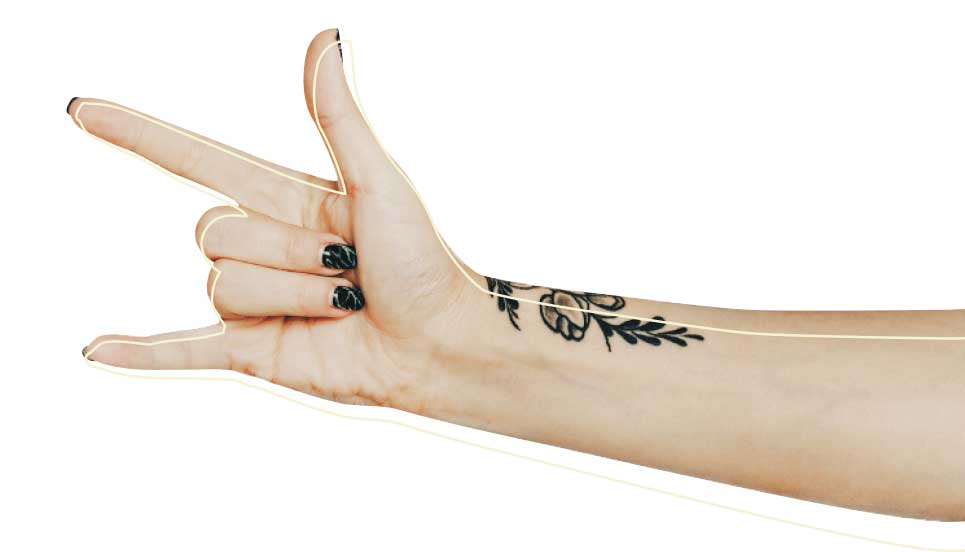- I’m really sorry this has happened. Is it okay if I ask you some more questions about it?
- How are you feeling about what happened?
- Do you feel safe?
- What would you like to happen next? Note: If Atamai agrees, connect her with the local SAATS.
General resiliency discussions may not be appropriate if Atamai is distressed. However, if appropriate, or at later consultations, offer the opportunity to answer any questions she may have. It may help to explore her beliefs surrounding consent (referencing problematic consent scripts in porn) to reduce any self-blame.
If appropriate, discuss rough sex, explaining that although it’s normalised in porn, many people don’t like it in real life (particularly when there’s no communication, respect, care, trust, and mutual consent for each act).
If rough sex occurs without consent, this is sexual assault.
Explain some of the symptoms that may follow a traumatic experience, such as insomnia, flashbacks, anxiety, change in mood, and lack of appetite. Encourage getting help and support from a trusted friend or safe adult and refer to services such as Safe to Talk, or a therapist for counselling support if required.
If Atamai would like a more in-depth health assessment and discussion about her options, refer to SAATS.



